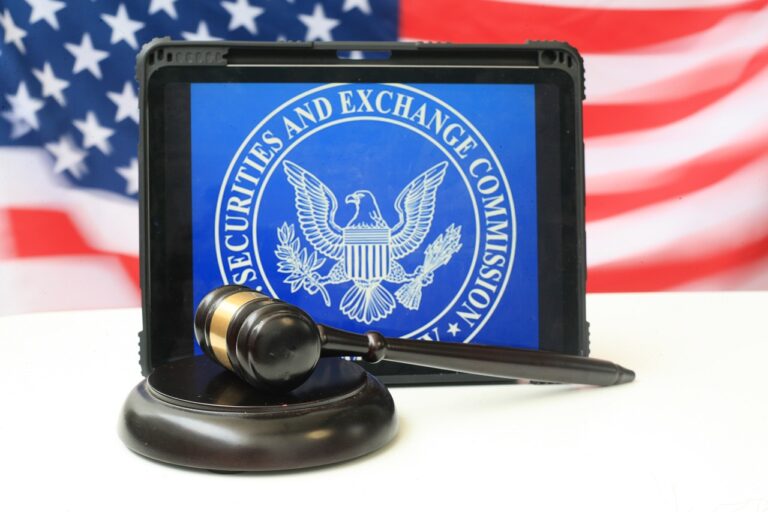On 13 July 2023, Hon. Analisa Torres, a district judge at the United States District Court for the Southern District of New York, gave her ruling in the SEC vs Ripple Labs lawsuit, which was initiated in December 2020.
The U.S. Securities and Exchange Commission (SEC) had filed a lawsuit against Ripple Labs Inc. and its two senior executives, Bradley Garlinghouse and Christian A. Larsen. The SEC claimed that Ripple and its leaders unlawfully offered and sold securities, which breached Section 5 of the Securities Act of 1933. The SEC further accused Garlinghouse and Larsen of aiding and abetting these violations committed by Ripple.
Both parties had submitted their summary judgment motions to the court. After reviewing the case, the court made a decision, partially granting and partially denying the motions from both the SEC and Ripple and its executives.
According to the ruling, the court granted the SEC’s motion for summary judgment concerning the Institutional Sales but denied it for other matters. On the other hand, the court granted Ripple’s motion for summary judgment regarding the Programmatic Sales, the Other Distributions, and the sales made by Larsen and Garlinghouse. However, the court denied Ripple’s motion concerning the Institutional Sales. As for the SEC’s motion for summary judgment on the aiding and abetting claim against Larsen and Garlinghouse, it was DENIED.
In particular, with regard to Larsen’s and Garlinghouse’s XRP sales, the judge said:
“Like Ripple’s Programmatic Sales, Larsen’s and Garlinghouse’s XRP sales were programmatic sales on various digital asset exchanges through blind bid/ask transactions … Larsen and Garlinghouse did not know to whom they sold XRP, and the buyers did not know the identity of the seller. Thus, as a matter of law, the record cannot establish the third Howey prong as to these transactions. For substantially the same reasons discussed above … Because the Court determines that the record does not establish the first Howey prong as to the Other Distributions, the Court does not reach whether the second or third Howey prongs have been satisfied … Garlinghouse’s offer and sale of XRP on digital asset exchanges did not amount to offers and sales of investment contracts.“
Here is what Judge Torres said about the XRP token:
“XRP, as a digital token, is not in and of itself a “contract, transaction[,] or scheme” that embodies the Howey requirements of an investment contract.“
With regard to secondary market sales of XRP, Judge Torres said:
“In any event, the SEC does not develop the argument that these secondary market sales were offers or sales of investment contracts, particularly where the payment of money for these XRP sales never traced back to Ripple, and the Court cannot make such a finding.“
The court will, in due time, release another order to establish a date for the trial and set the associated pre-trial deadlines.
An excellent take on the topic of secondary market sales of XRP tokens came from American lawyer Jesse Hynes, Founder of Seedstarter, who said:
Hynes went on to comment on the SEC’s response to Judge Torres’ order:
Featured Image Credit: Photo / illustration by “sergeitokmakov” via Pixabay









